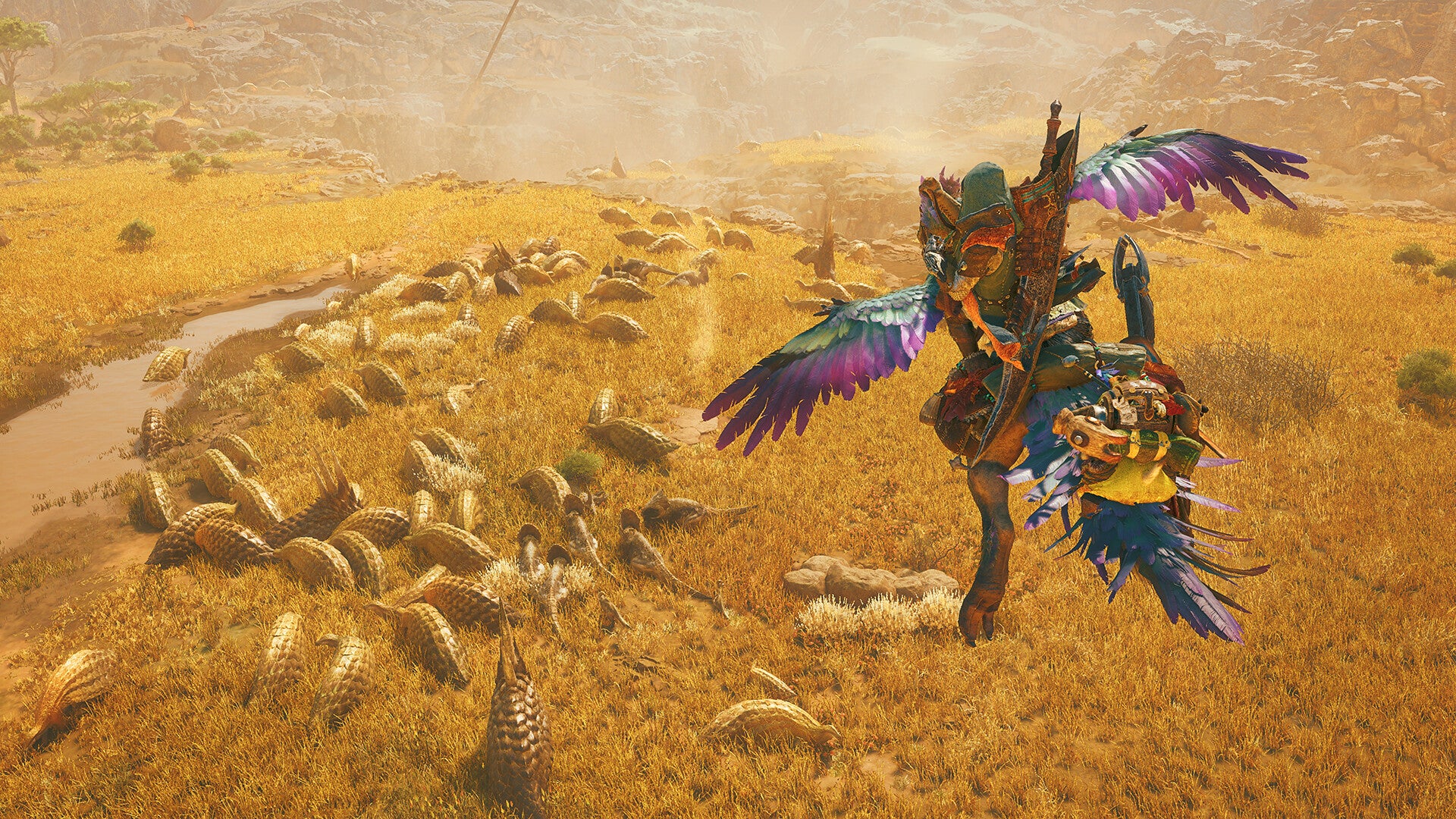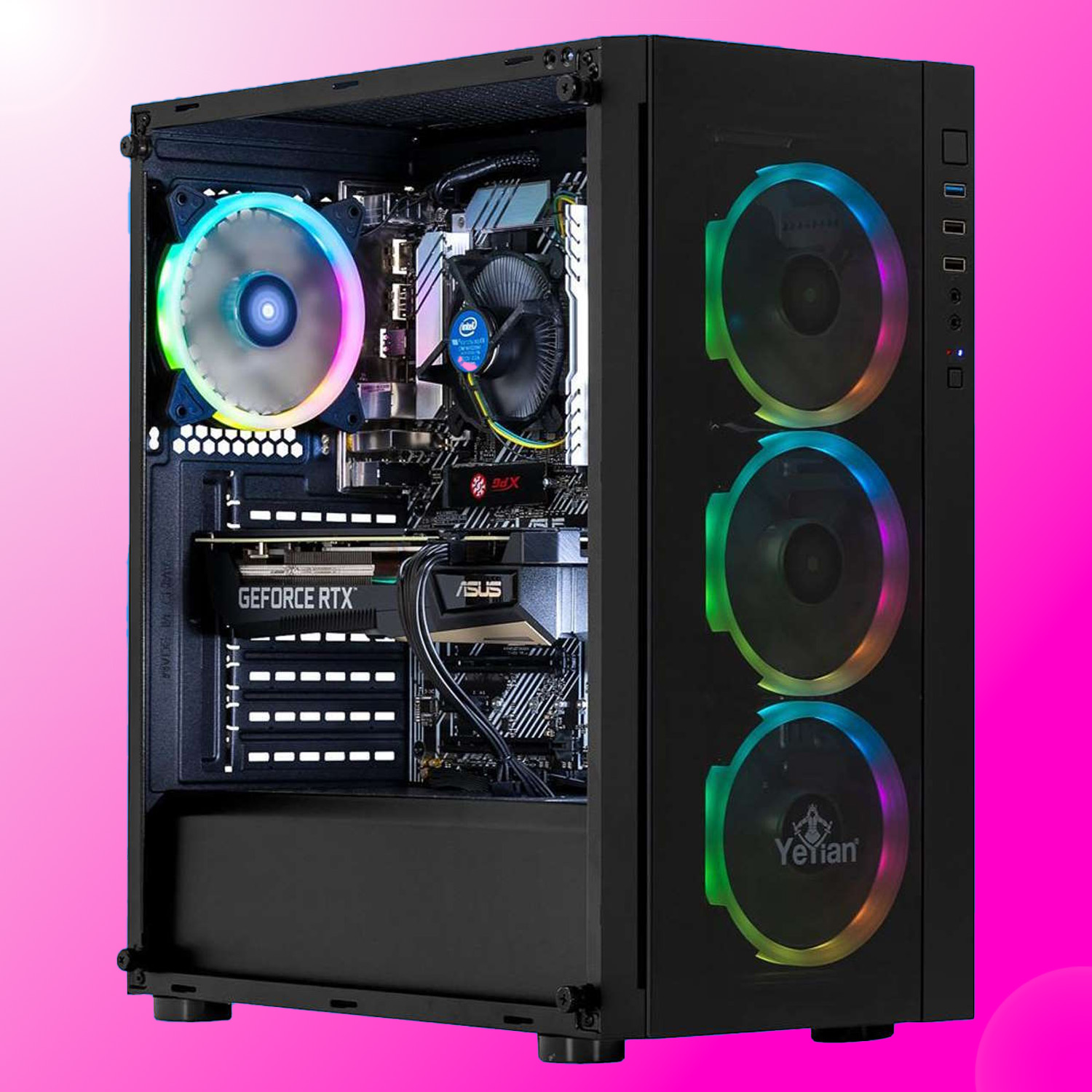Get Ready for Monster Hunter Wilds
Monster Hunter Wilds is just around the corner, and excitement is building as Capcom rolls out a new PC benchmark. This tool allows players to assess whether their gaming rig can handle the upcoming title. In addition to the benchmark, the developer has announced a reduction in the system requirements, making it more accessible for players.
Benchmark Now Available on Steam
During the recent Capcom Spotlight event, it was revealed that the PC benchmark for Monster Hunter Wilds is now live on Steam. Upon launching the tool, users will need to compile some shaders, but overall, the benchmark is designed to be straightforward. It’s highly recommended to check your system’s capabilities, particularly with the newly updated system requirements that could impact your gaming performance.
Updated System Requirements for Optimal Performance
Previously, the system requirements for achieving 1080p resolution at 60 frames per second (with Frame Generation enabled) were quite demanding. Gamers needed to have either an Nvidia GeForce RTX 2070 Super, NVIDIA GeForce RTX 4060, or AMD Radeon RX 6700XT graphics card, along with an Intel Core i5-11600K, Intel Core i5-12400, AMD Ryzen 5 3600X, or AMD Ryzen 5 5500 CPU, and 16 GB of RAM.
Now, Capcom has revised these requirements, making them slightly more manageable. Here’s what gamers will need for the recommended settings:
- Operating System: Windows 10 (64-bit) / Windows 11 (64-bit)
- Processor: Intel Core i5-10400 / Intel Core i3-12100 / AMD Ryzen 5 3600
- Memory: 16 GB RAM
- Graphics Card (GPU): GeForce RTX 2060 Super / Radeon RX 6600 (8 GB VRAM)
- Storage: 75 GB (SSD required)
These adjusted specifications are expected to allow Monster Hunter Wilds to run smoothly at 1080p and 60 frames per second with Frame Generation enabled, representing a notable decrease in hardware demands.
Performance Improvements Noted
Players are already reporting noticeable performance benefits with the benchmark compared to the beta test, particularly when Frame Generation is activated. However, it’s worth noting that compatibility with the Steam Deck remains uncertain; while a high-end gaming rig performed exceptionally, attempts to run it on the Steam Deck have led to less favorable outcomes.
Significant Storage Size Reduction
Another surprising change is the reduction in storage requirements. Initially, Monster Hunter Wilds required a whopping 140 GB of available space on an SSD. This requirement has now been cut down to just 75 GB, which is a refreshing shift in an era where game file sizes are generally on the rise.
Anticipating the Release
For fans eager to learn more about Monster Hunter Wilds, be sure to check out our recent coverage featuring thrilling encounters with formidable beasts, including the apex monster Nu Udra. Get ready to experience Capcom’s latest addition to the Monster Hunter franchise, set to launch on PlayStation 5, Xbox Series X and S, and PC on February 28, 2025.
In summary, the release of the PC benchmark and reduced system requirements are promising developments for players looking forward to diving into the wild world of Monster Hunter Wilds.






